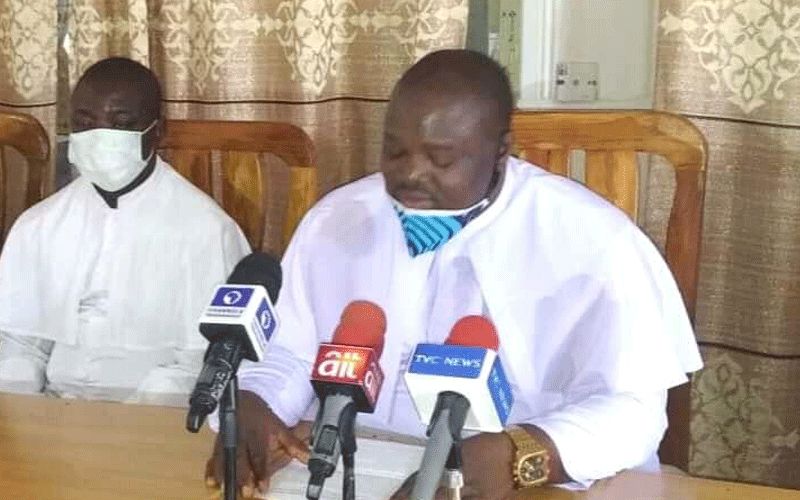Jalingo, 17 June, 2020 / 10:57 pm (ACI Africa).
The Clergy of Nigeria’s Jalingo Diocese within the territory of Taraba State have, in a collective statement, bemoaned multiple cases of violence in their pastoral jurisdiction and called on all parties in conflict to “give peace a chance” and save the State from suffocation under insecurity-related crises.
“Our world is in trouble, our nation is facing great challenges of insecurity and our State is in crises,” members of the National Catholic Diocesan Priests Association (NCDPA), Jalingo Diocesan Chapter say in their Wednesday, June 17 press statement.
They explain, “Today in Nigeria, arm banditry, the threat of so-called “unknown gunmen”, Boko Haram Terrorists, rape, wanton murder etc. have become almost daily realities we wake up to hear and to behold. Back home, our dear State Taraba is almost suffocated by crises.”
In their statement signed by NCPDA Chairman, Fr. Ephraim N. Sani and Secretary, Fr. Julius Ioryue, the Clerics call on those behind the conflicts “to embrace the path to resolving disputes amicably through dialogue and give peace a chance.”
“Whatever is the case of disagreement and misunderstanding, we believe that sincere and objective dialogue in the context of justice, is the path to peace and resolution,” they say.








